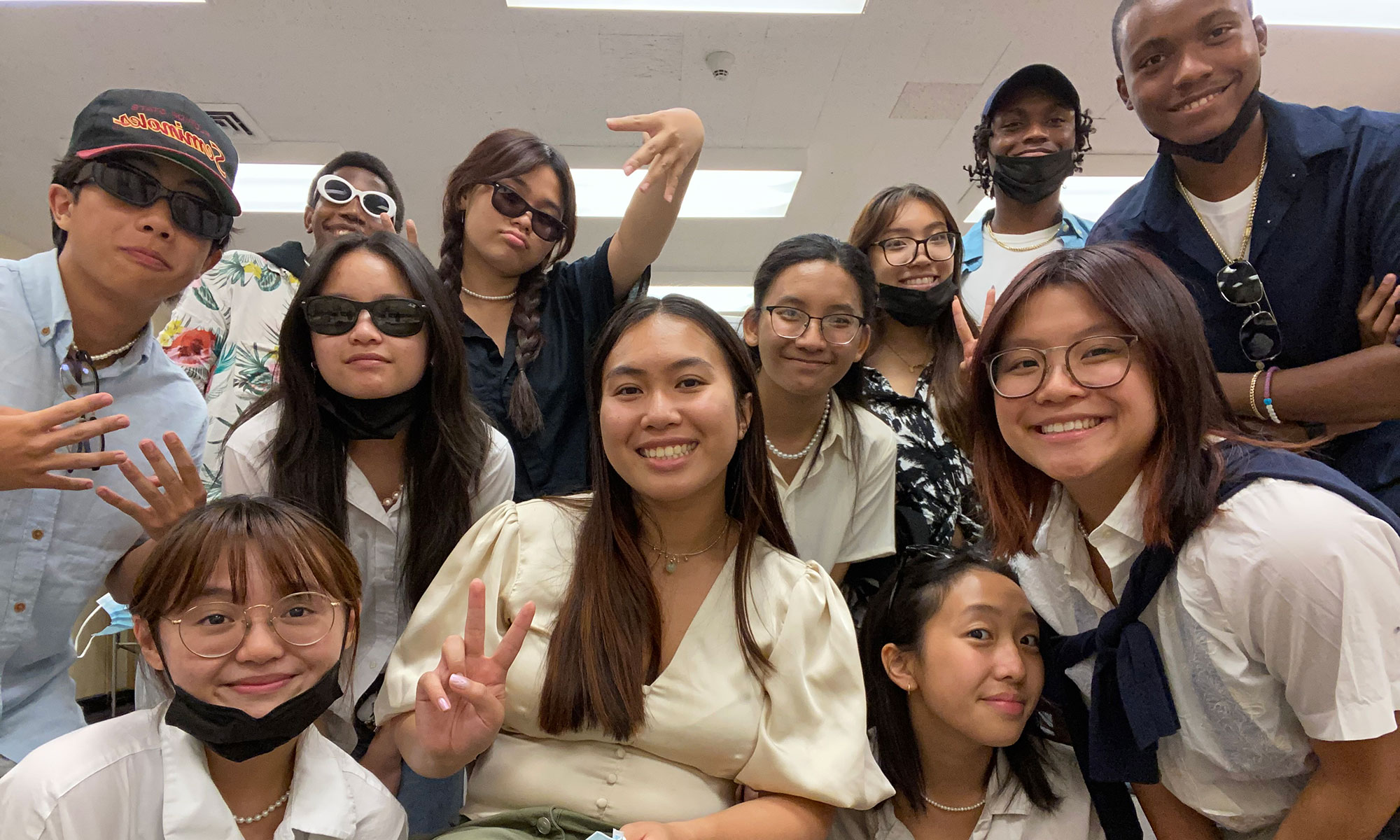“I come from a family of strong-willed refugees from the Vietnam War. I want to help empower Asian-American women and young people,” says Joan Do-Truong ’23, an educational studies and women and gender studies double major from Boston.
She understands why many Asian American women like her sometimes feel unsafe, even today. More than 9,000 instances of anti-Asian violence have been reported since the pandemic, including the Atlanta shootings of six Asian women.
She wanted to create a safe place “for Asian youth, by Asian youth,” says Do-Truong, who identifies as TIGNC (transgender, intersex, and gender non-conforming).
With that goal in mind, Do-Truong wrote and submitted a proposal to the Davis Projects for Peace to create programs to build a community for these young women, a space where they could share their experiences and gain the knowledge to create lasting change in their communities. She was awarded a $10,000 grant to bring her vision to life in her hometown during the summer of 2022.
Step one accomplished, the real work began.
Building the financial framework
It turns out that $10,000 doesn’t stretch very far in Boston. Do-Truong sharpened her grant writing skills even further. She reached out to the Asian American Resource Workshop, a grassroots political organization for pan-Asian communities in Greater Boston, which provided the fiscal platform she needed to apply for additional grants. Her additional proposals landed two more grants that totaled $10,400.
“When you build out a program, one of the first things you do is think about the finances,” she says. “I learned a lot about legality and fiscal sponsorship.”
These funds, together with the Davis award, allowed her to rent space and stipends for her co-facilitator and guest workshop speakers. They also provided program materials and meals for the participants. “We hosted 15 participants between the ages of 16-24 who identified as young Asian cis-women or genderqueer youth,” says Do-Truong.
Strategic partnerships add capacity
Relationships and partnerships quickly became critical to the program’s success. Do-Truong and her co-facilitator met weekly to plan the curriculum for the seven-week empowerment series, and the director of Asian-American Resource Workshop offered advice on how to build spaces for cross-racial programs.
The VietAID Community Center, where her parents had taken ESL lessons, proved to be a great location for participants that hailed from all over Greater Boston. And local experts provided a community self-defense and yoga workshop.
Lessons learned
Do-Truong’s learning curve was huge. In addition to writing grants, hiring teachers and facilitators, and negotiating rental space, she learned the importance of transparency, logistical work, and accessibility, she says.
Meanwhile, she was also holding an internship as a summer urban programming director with the Phillips Brooks House Association at Harvard University, organizing community events, managing young staff, and preparing and presenting workshops on teamwork, community, and college preparation.
The summer taught her countless lessons, including patience — with others, and with herself.
“When I started this program, I had high expectations,” she says. “I wanted people to learn about everything in regards to Asian American history and community organizing — but they could only meet weekly for two-to-four hours. I had to pull back and realize they will learn what they need to learn. Learning will take time.”
“And I learned how much I like to work with youth and community, not only as a builder, but to see the people I came to know move forward. And I know the community has my back.”


